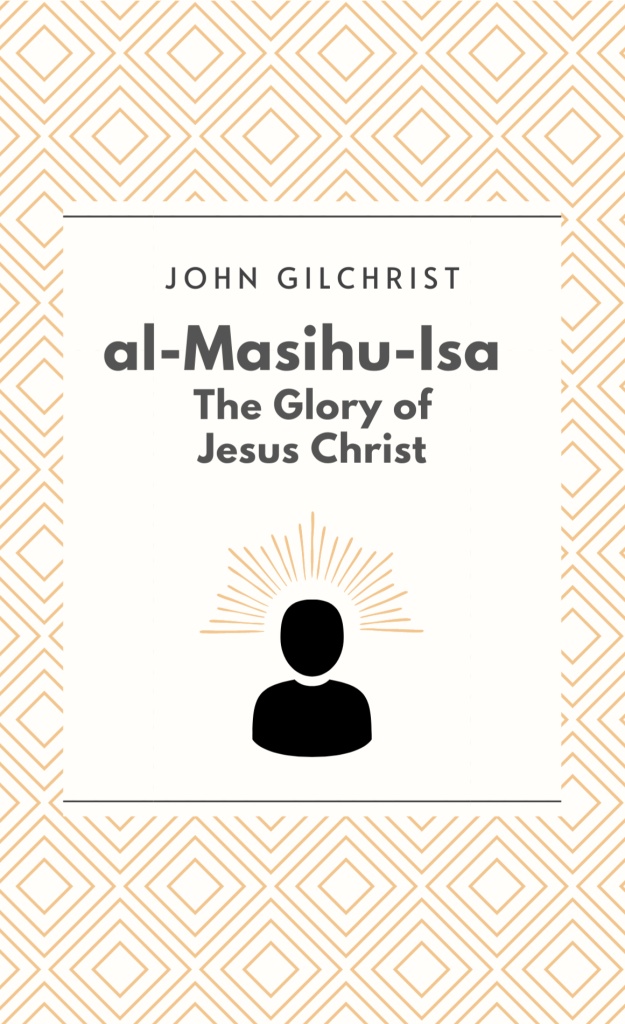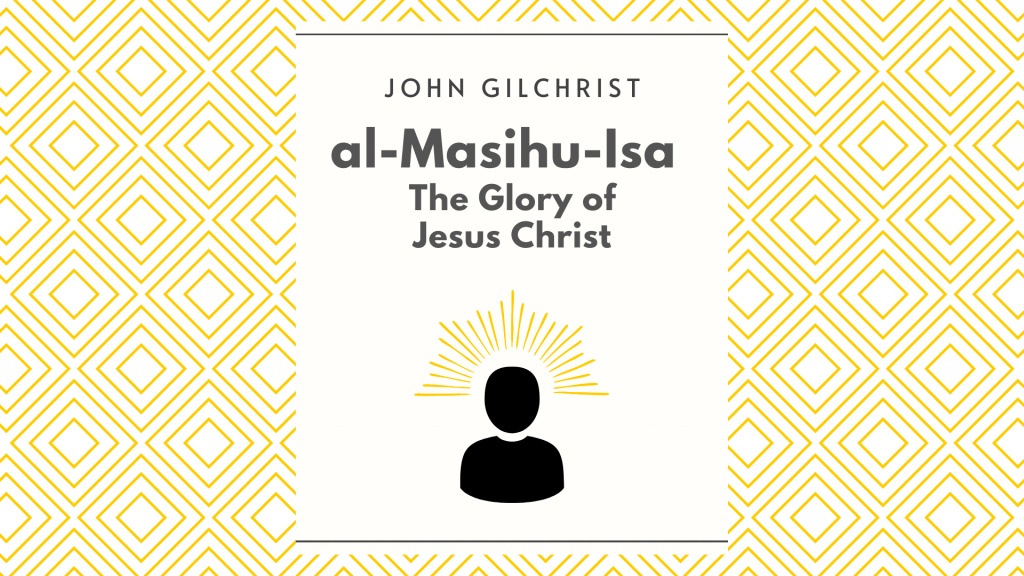The Biblical Concept of the Messiah
Al-Masihu-Isa: The Glory of Jesus the Messiah


Chapters
« Ch. 2 - Al-Masihu-Isa: The Messiah in the Qur'an
The common word used for Messiah in the Christian Scriptures, in the original Greek texts, is ho Christos. Twice it is said to be a translation of the word Messias (John 1:41, 4.25) and, as in the Qur'an, no attempt is made to define or explain the meaning of the title.
Nevertheless, just as the Qur'an uses the definite article al to apply the title to Jesus alone, so in the Christian Scriptures he is constantly called ho Christos, that is, the Messiah.
Throughout our scriptures the title is set forth applying to God's supreme Deliverer who was eagerly awaited by the Jews. It is therefore to the Jewish Scriptures that we must turn to find its real meaning. In many places in the original Hebrew texts we find the word mashiah, meaning "anointed". It is applied to the anointed high priest in Israel (Leviticus 4:3) as well as the nation's king (2 Samuel 1:14). It is also given to the prophets of God (Psalms 105:15) as well as to the Persian king Cyrus who was anointed by God to prepare the way for the rebuilding of the city of Jerusalem and its Temple after its destruction by a previous king, Nebuchadnezzar (Isaiah 45:1). The prophet Daniel, however predicted that after the rebuilding of Jerusalem, a prediction of time would pass whereafter a Mashiah, an "Anointed One", would come (Daniel 9:25). This use of the word as a title for the coming Prince of God led the Jews speak freely of him as ha Mashiah - "the Messiah".
The prophets of old spoke regularly of this great personality who God promised would come to the nation. The great prophet Isaiah spoke of him in these words:
There shall come forth a shoot from the stump of Jesse, and a branch shall grow out of his roots. And the Spirit of the Lord shall rest upon him, spirit of wisdom and understanding, the spirit of counsel and might, the spirit of knowledge and the fear of the Lord. And his delight shall be in the fear of the Lord. He shall not judge by what his eyes see, or decide by what his ears hear; but with righteousness he shall judge the poor, and decide with equity for the meek of the earth; and he shall smite the earth with the rod of his mouth, and with the breath of his lips he shall slay the wicked. Righteousness shall be the girdle of his waist, and faithfulness the girdle of his loins. Isaiah 11:1-5.
The prophet went on to say of him: "In that day the root of Jesse shall stand as an ensign to the peoples; him shall the nations seek, and his dwellings shall be glorious" (Isaiah 11:10). The prophecy clearly could not be applied to any of the prophets who were appearing at times among the people. It spoke of one man alone who would rule the whole earth and who, by the breath of his mouth alone, would slay the wicked. In another passage of the same prophecy we read that God himself said of this coming Ruler:
"Behold my servant, whom I uphold, my chosen, in whom my soul delights; I have put my Spirit upon him, he will bring forth justice to the nations Isaiah 42:1
One after the other the prophets of Israel foretold the coming of this supreme representative of God on earth who would bring the justice of God to the whole world and rule over it. Through another prophet God also spoke of the coming Anointed One and described his glory in these words:
"Behold the man whose name is the Branch: for he shall grow up in his place, and he shall build the temple of the Lord. It is he who shall build the temple of the Lord, and shall bear royal honour, and shall sit and rule upon his throne." Zechariah 6:12-13.
The Jews began to realise that, whereas prophets arose at fairly regular intervals to declare the will of God, one great figure was to follow them all who would be far above all the prophets of God in honour and majesty. This supreme ruler was destined to be God's own chosen representative who would establish his kingdom and rule upon his throne. Through yet another prophet God foretold where he would be born:
But you, 0 Bethlehem Ephrathah, who are little to be among the clans of Judah, from you shall come forth for me one who is to be ruler in Israel, whose origin is from of old, from ancient days. Micah 5:2
As the predictions increased, so the outstanding features of the coming chosen one of God became more apparent. In this prophecy it was plainly stated that the coming ruler, although yet to be born, had in fact existed in the heavens from the beginning of time. Daniel the prophet gave a climactic review of his coming glory and authority when he described a vision he had seen during his time of exile in Babylon:
"Behold, with the clouds of heaven there came one like a son of man, and he came to the Ancient of Days and was presented before him. And to him was given dominion and glory and kingdom, that all peoples, nations, and languages should serve him; his dominion is an everlasting dominion, which shall not pass away, and his kingdom one that shall not be destroyed." Daniel 7:13-14.
It was little wonder that the Jews concluded that the Ruler of God's own kingdom, whose origin was from old, and whose dominion would last for ever, was to be far greater than a prophet. When Daniel spoke of him a God's "Anointed One" (Daniel 9:25), the title Mashiah stuck and became the common title to describe him. "The Messiah" became their long-awaited Ruler and Deliverer.
We therefore see that the title "Messiah" clearly means, not just a prophet among many prophets, but God's supremely Anointed One, whose origin was from of old and whose rule over the whole universe would last forever. It was an apocalyptic figure they awaited, the climax of God's revelations to the world. Ha Mashiah he was called - the one and only supremely anointed, chosen one of God to rule over all his dominions.
This brief survey of the real meaning of the title al-Masih, that is, "the Supremely Anointed One", shows how inappropriate the Qur'anic statement Maal-Masihubnu Maryama illa rasul - "the Messiah, son of Mary, was no more than an apostle" (Quran 5.78) - really is. The whole meaning of the title al-Masih, as considered in its original Hebrew context, totally negates the suggestion that the one bearing this title was, after all, only an apostle like others who had gone before him. One can only presume that Muhammad did not know the meaning of the title al-Masih and, hearing it freely applied to Jesus by the Christians, unquestioningly adopted it without realising that it completely undermined his belief that Jesus was only one of a long line of prophets.